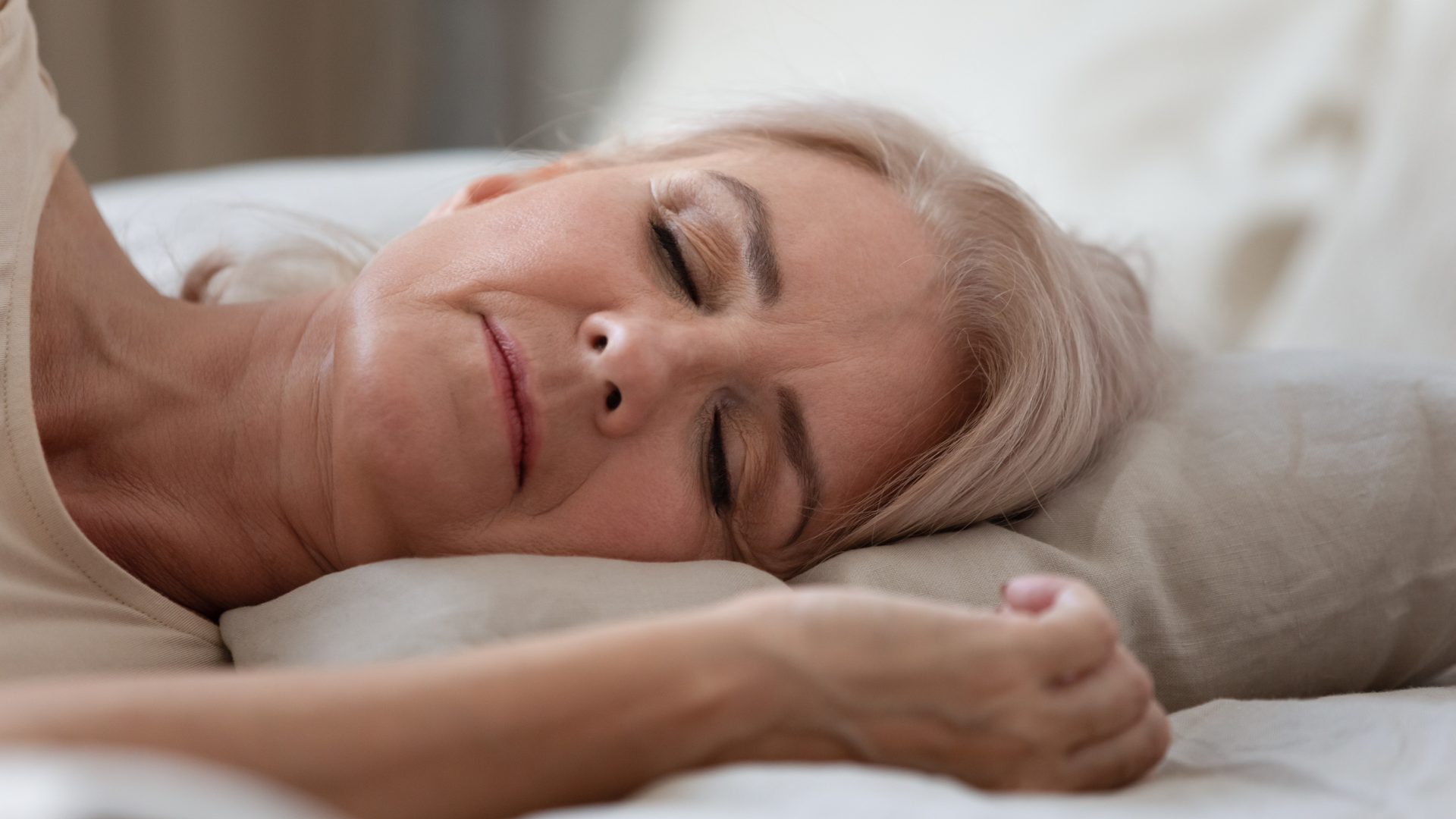Menopause can bring a host of changes to a woman's life, and sleep disruptions are among the most frustrating. Many women find that their once-reliable sleep patterns are thrown into disarray as they navigate this new phase. Understanding why menopause disrupts sleep and how to manage it naturally can significantly affect your quality of life.
Why Does Menopause Disrupt Sleep?
Menopause and sleep issues often go hand in hand. This connection is largely due to hormonal changes that occur during perimenopause and menopause. Declining levels of oestrogen and progesterone can lead to night sweats and hot flushes, which are common night sweat causes. These sudden temperature fluctuations can make it difficult to stay comfortable and asleep throughout the night.
Additionally, the decrease in progesterone, a hormone that promotes sleep, can lead to insomnia. Other menopause sleep problems can include mood swings, anxiety, and depression, all of which can interfere with your ability to fall and stay asleep.

Natural Remedies for Menopause Sleep Issues
- Herbal Teas: Drinking herbal teas like chamomile or valerian root before bed can help promote relaxation and improve sleep quality.
- Exercise: Regular physical activity can help regulate your sleep patterns. Aim for at least 30 minutes of moderate exercise most days of the week, but avoid vigorous workouts close to bedtime.
- Diet: Avoid heavy meals, caffeine, and alcohol in the evening. Opt for lighter meals and try incorporating foods rich in magnesium and calcium, which can promote better sleep.
- Relaxation Techniques: Yoga, meditation, and deep breathing can reduce stress and help you unwind before bed.
- Cool Sleep Environment: Keeping your bedroom cool can help mitigate night sweats and make for a more comfortable sleeping environment.

Optimising Your Sleep for a Healthier Menopause
To improve your sleep during menopause, consider these tips:
- Consistent Sleep Schedule: Go to bed and wake up at the same time every day, even on weekends. This helps regulate your body's internal clock.
- Create a Sleep-Friendly Environment: Make sure your bedroom is dark, quiet, and cool. Consider using blackout curtains, earplugs, or a white noise machine.
- Limit Screen Time: The blue light emitted by phones, tablets, and computers can interfere with your sleep. Try to avoid screens for at least an hour before bedtime.
- Stay Hydrated: Drink plenty of water throughout the day, but limit intake in the hours leading up to bedtime to avoid frequent bathroom trips during the night.
- Natural Sleep Supplements: Natural supplements can be a great add-on to your sleep management strategy.
Conclusion
Sleep disruptions during menopause can be challenging, but with the right strategies and natural remedies, you can improve your sleep and overall well-being. By understanding the causes of menopause sleep problems and taking proactive steps to address them, you can navigate this phase more comfortably and maintain a healthier lifestyle.






